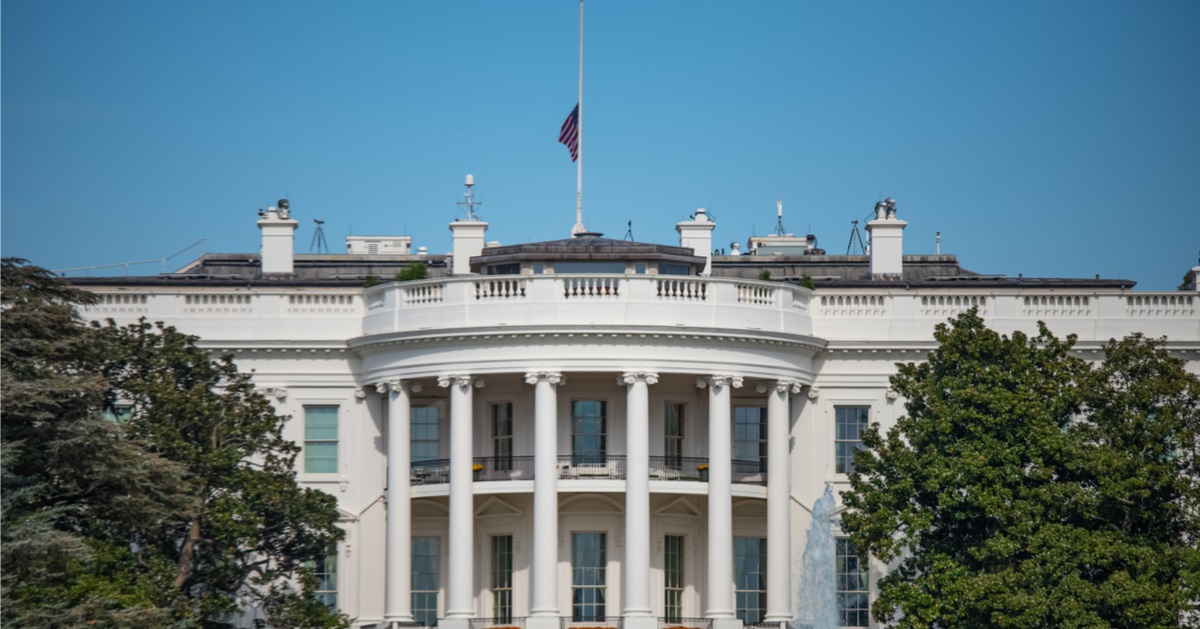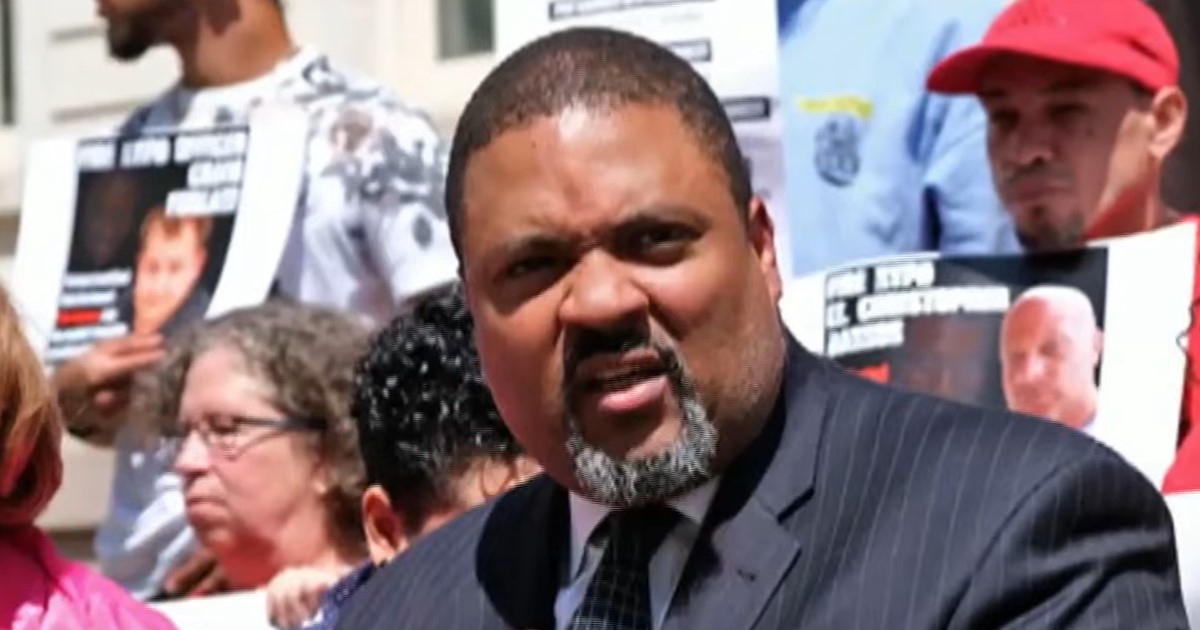Supreme Court slaps down Biden's overzealous take on 'identity theft'
The Supreme Court unanimously rejected the Biden Justice Department's interpretation of "identity theft" as dangerously broad.
The petitioner in the case, Dave Dubin, was convicted of fraud for overbilling Medicaid for psychological services.
The Biden administration argued Dubin should receive a two-year mandatory minimum sentence in federal prison for "aggravated identity theft" under a 2004 law, The Identity Theft Penalty Enhancement Act.
Writing for the court, Sonia Sotomayor held that Dubin's conduct does not fit the ordinary meaning of "identity theft."
Supreme Court rebukes Biden
The DOJ argued the case involved identity theft because the patient's information was included in the fraudulent medical bill.
The Supreme Court did not have difficulty finding fault with Biden's "boundless interpretation" of the law.
The patient's identity was "an ancillary feature of a billing method" and not at the "crux" of the offense, Sotomayor wrote. The essence of the crime was that Dubin misrepresented the services received, she said.
Since virtually all billing methods employ a person's name or identity, Biden's standard would make potentially anyone who overbills a service into an identity thief, the court said.
"A lawyer who rounds up her hours from 2.9 to 3 and bills her client electronically has committed aggravated identity theft," Sotomayor said. "The same is true of a waiter who serves flank steak but charges for filet mignon using an electronic payment method," she wrote.
Gorsuch weighs in
In a concurring opinion, Neil Gorsuch applauded the court for rejecting the DOJ's "unserious position," which would make "almost every adult American" liable for identity theft.
But he wrote that the court failed to provide much clarity, since the law itself is "vague" and does not distinguish what is and is not a crime.
The statute in question includes the sentence enhancement when someone "knowingly transfers, possesses, or uses, without lawful authority, a means of identification of another person.” Playing devil's advocate, Gorsuch argued that Dubin could, by the law's broad language, be considered an identity thief.
"Mr. Dubin could not have successfully billed the insurance provider without accurately offering up some specific patient’s name and information. Nor, as the United States notes, could Mr. Dubin have simply drawn a random name from a hat," Gorsuch wrote.
The court did the best it could to make sense of a flawed statute, but it falls to Congress to clarify the law, Gorsuch said.






